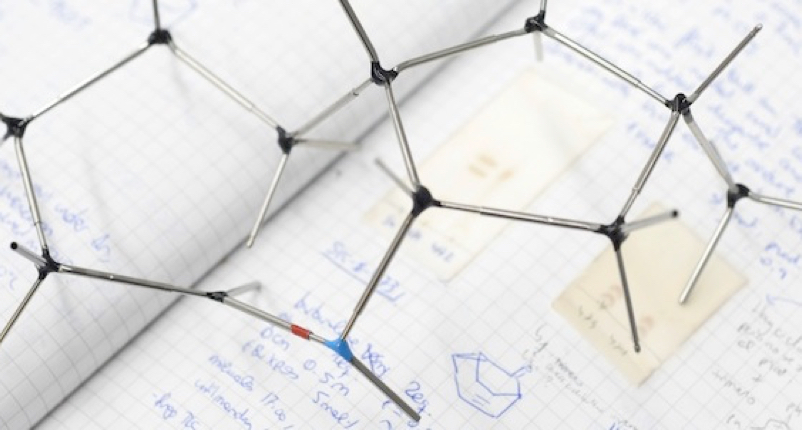Catalytic Oxidative Coupling of Methane: Heterogeneous or Homogeneous Reaction?
Relevanceof temperature and concentration gradients inthe selectivity limitation of oxidative coupling catalysis for thevalorization of methane. Direct valorizationof methane via oxidative couplingof methane(OCM) is an encouraging alternative to conventional oil-based processesfor the production of light hydrocarbons (ethane and ethylene). Abundant,inexpensive simple oxides such as MgO and La2O3 possess the ability to selectively activate methane. However, duringOCM, the selective conversion to ethane and the following dehydrogenationto ethylene are threatened by the thermodynamically favored partialand total oxidation reactions to form CO and CO2, respectively.With the aid of spatially resolved operando analysis of temperatureand gas concentration along the catalytic bed, we demonstrate therelevance of highly exothermic reaction paths developed in the gasphase, i.e., the homogeneous reaction, during OCM conditions at thefront of the catalytic bed, largely determining the total C-2 yield obtained on those systems. With the new insights providedby the analysis of temperature and concentration gradients along thebed, we redefine the positive effect of promoters (Li, Sr), whichenhance the influence of catalyst surfaces. The effect of promotersis recognized in the suppression of the exothermic oxidation pathsleading to undesired CO (x) , thus limitingthe formation of hotspots and driving the reaction toward the desiredC(2) products.

Hu, L. J.; Pinto, D.; Urakawa, A.
ACS Sustain. Chem. Eng. 2023, 11 (29), 10835-10844
DOI:
10.1021/acssuschemeng.3c02088

Let's create a brighter future
Join our team to work with renowned researchers, tackle groundbreaking
projects and contribute to meaningful scientific advancements


















